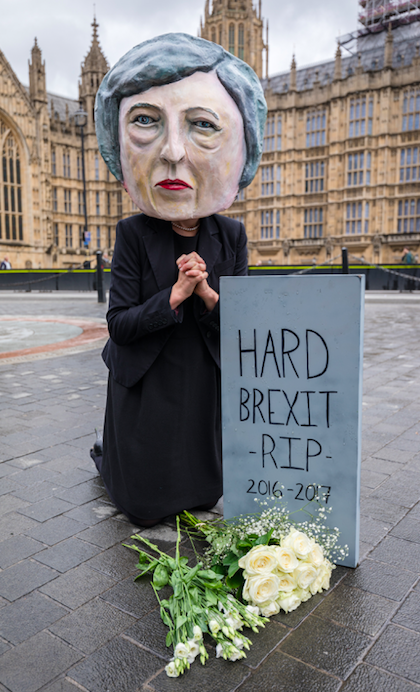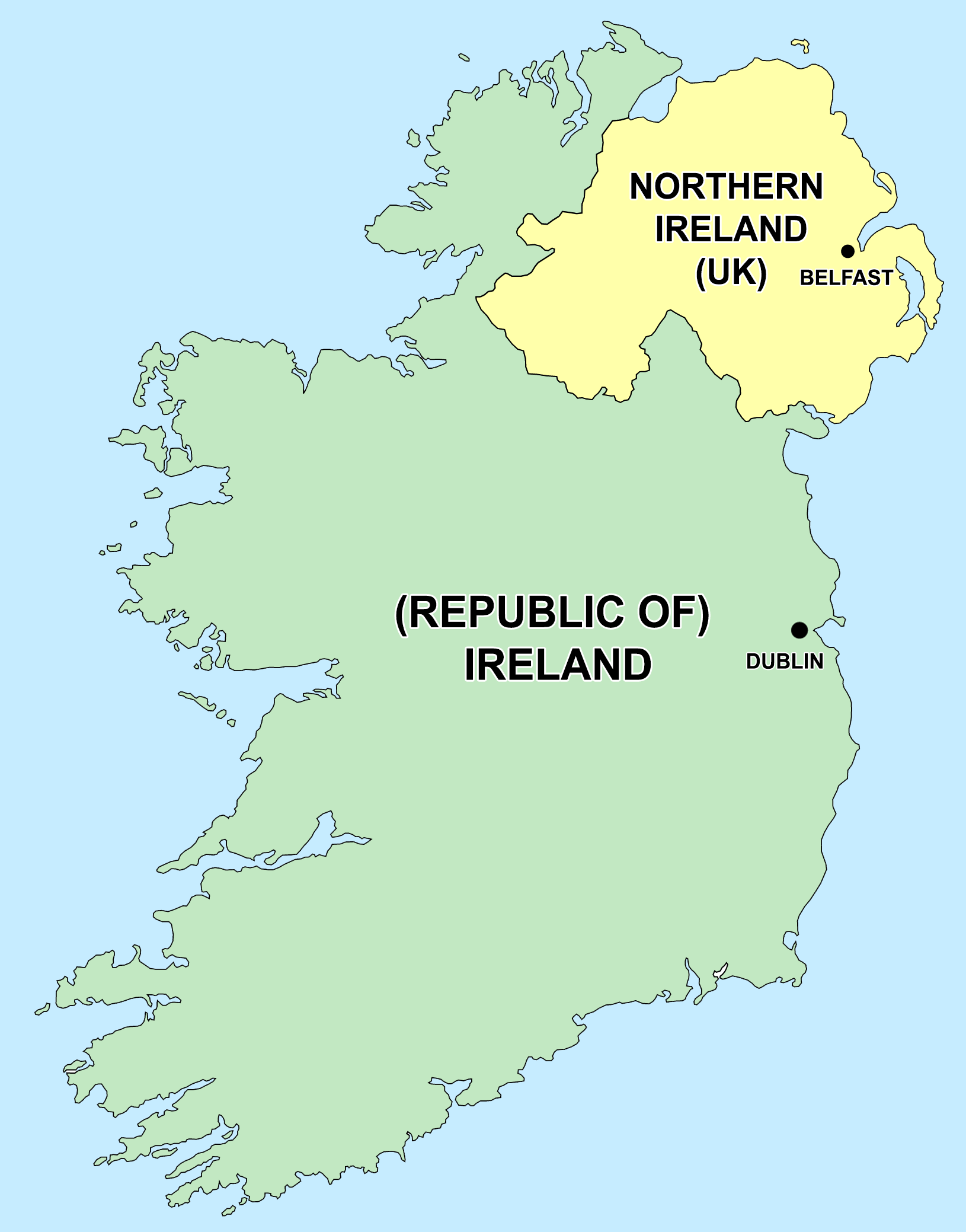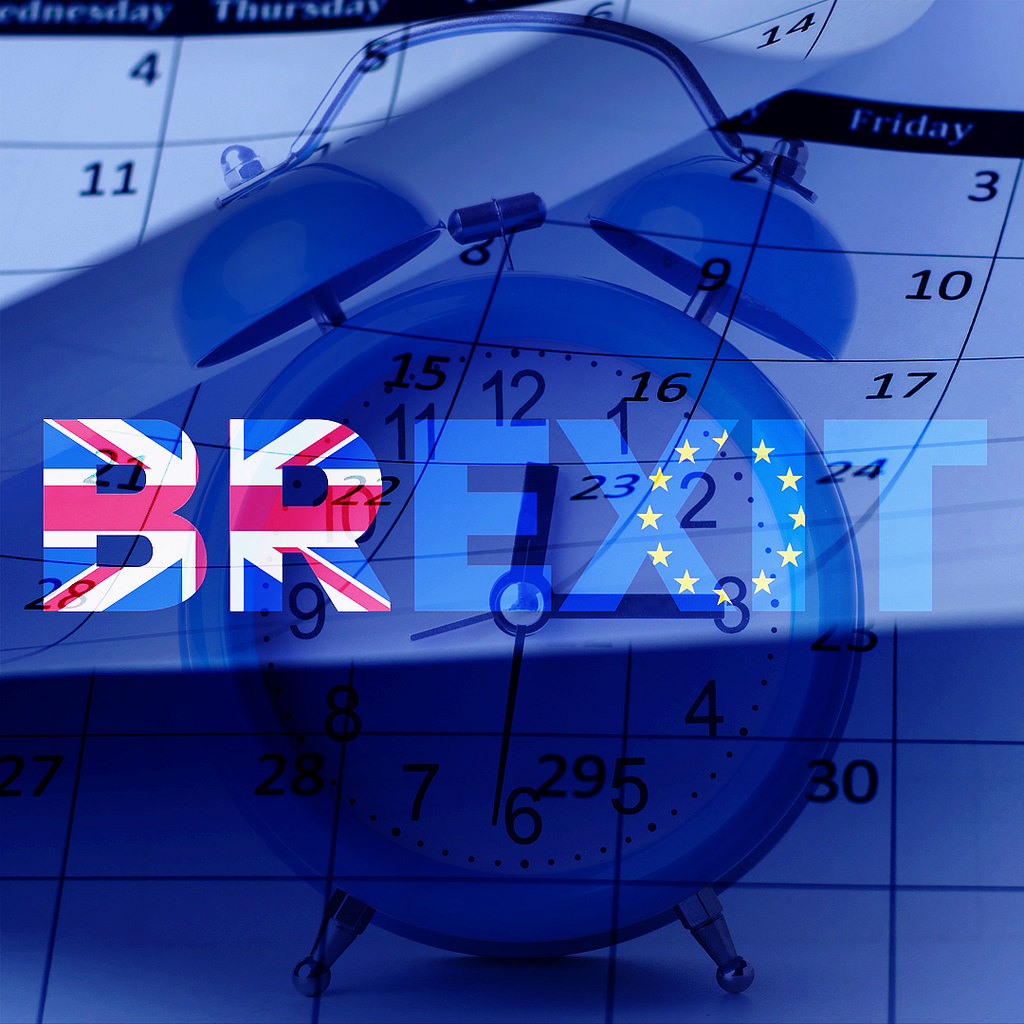What began with a simple referendum has sent Westminster spiraling into absolute chaos. Brexit negotiations have all but flopped, as British MP’s can only agree on one thing – they are not in agreement.
Months of negotiating, arguing, wheeling, and dealing came down to the January 15th vote on Prime Minister Theresa May’s Brexit deal. MP’s all had different reasons to hate it: some feared conceding too much to the EU, others just wanted to score some political points against May, and supporters of Opposition Leader Jeremy Corbyn wanted to call for a General Election to deal with it.
But May has no time to lick her wounds after her deal suffered what many are calling «the biggest ever government defeat in Parliament». Westminster was sent into even further disarray as only one day after the vote, the Prime Minister had to battle a Vote of No Confidence. She survived, but only barely scraped by with a margin of 325 to 306 votes.

May certainly doesn’t have much margin for error left, and she’s got only two months left to sort out the entire Brexit fiasco. Otherwise the UK leaves with no plan at all on March 29th, threatening the island nation with capital flight, price shocks, and even rejection of certain British products in EU markets.
That doesn’t sound so good for British capitalists looking to carve out a bigger share of the world markets, independent of the EU.
On the Union side of things, most officials say they’re willing to play nice with the UK in finding a solution. Except, they also won’t renegotiate the most hated part of Prime Minister Theresa May’s deal – the Irish Backstop.
The backstop would ensure there’s no hard border between the Republic of Ireland and Northern Ireland after the UK Brexits. It would mean Britain would have less power over Northern Ireland’s trade and internal relations. In this regard, Ireland and the European Union have found common ground. One Irish MP even went as far to suggest Irish reunification was a demand that lives on in the background, but that «now is not the time» to voice it.

So on the surface, Brexit might not seem like a battle between Nationalism and Neo-liberal Globalism. Irish Nationalists in their own right see better a better opportunity for sovereignty in remaining with the EU. With the continent farther away and less politically demanding than Ireland’s British neighbor, many Irish consider remaining in Europe a potential victory in their centuries-long anti-imperialist struggle.
However, in the long run Brexit will be a victory for Irish nationalism. If Britain does not honor the Good Friday Agreement of 1998, greater calls for complete Irish Independence will likely come to the fore. Mounting tension in the delicate situation between the UK and Ireland alone may even spawn nationwide calls for unification. And as few are seeking a renewal of violence, perhaps the UK will finally give way if there’s also no more European Union to mediate an agreement.
On the other hand, sovereignty is also why the British voted to leave the European Union in the first place. With many workers frustrated over an intensifying migrant crisis and British capitalists angered over dictates from the ones in Brussels, the British people placed their hope in nationalism. UK Independence Party leader Nigel Farage echoed the sentiments of many in saying that the heavily-EU-influenced Brexit deal looked more like «a surrender document» in the battle to break from the dictatorship of European capital. He warned the European Parliament that they will hear when «the British Lion will roar».
And Brexit’s roar will certainly deliver a serious blow against global finance capital.
The European Union itself emerged from the European Economic Community, in 1957. It was organized out of the necessity for western finance capital to organize itself against the Eastern European workers’ states. These socialist republics had already formed their own Council of Economic Assistance, and the capitalists knew imperialism would not survive if they fought amongst themselves as they did throughout most of the 20th century.
After the Soviet Union collapsed, imperialism with western capital at the helm truly became Globalism. With the European Union formed in 1993 and US-led NATO protecting it, there was no longer anything standing between the west’s economic and military might, and the world’s markets.
But now British capital is going rogue. They see an opportunity for greater profits in breaking Globalist rules, sometimes harkening back to the good old days when the sun never set on the British Empire. And this is a good thingfor opponents of international finance capital.
Nationalist parties in the UK and across Europe would redivide international capital among more or less traditional lines if they came to power. As the newly divided capitalists all try to cut their own piece out of the world market’s pie, the contradiction between their interests and working class nationalists would undoubtedly become significantly more visible.
And that will take the masses of independent nations one step closer to dismantling the dictatorship of Globalism, on the road to true national self-determination.

















Leave a Reply